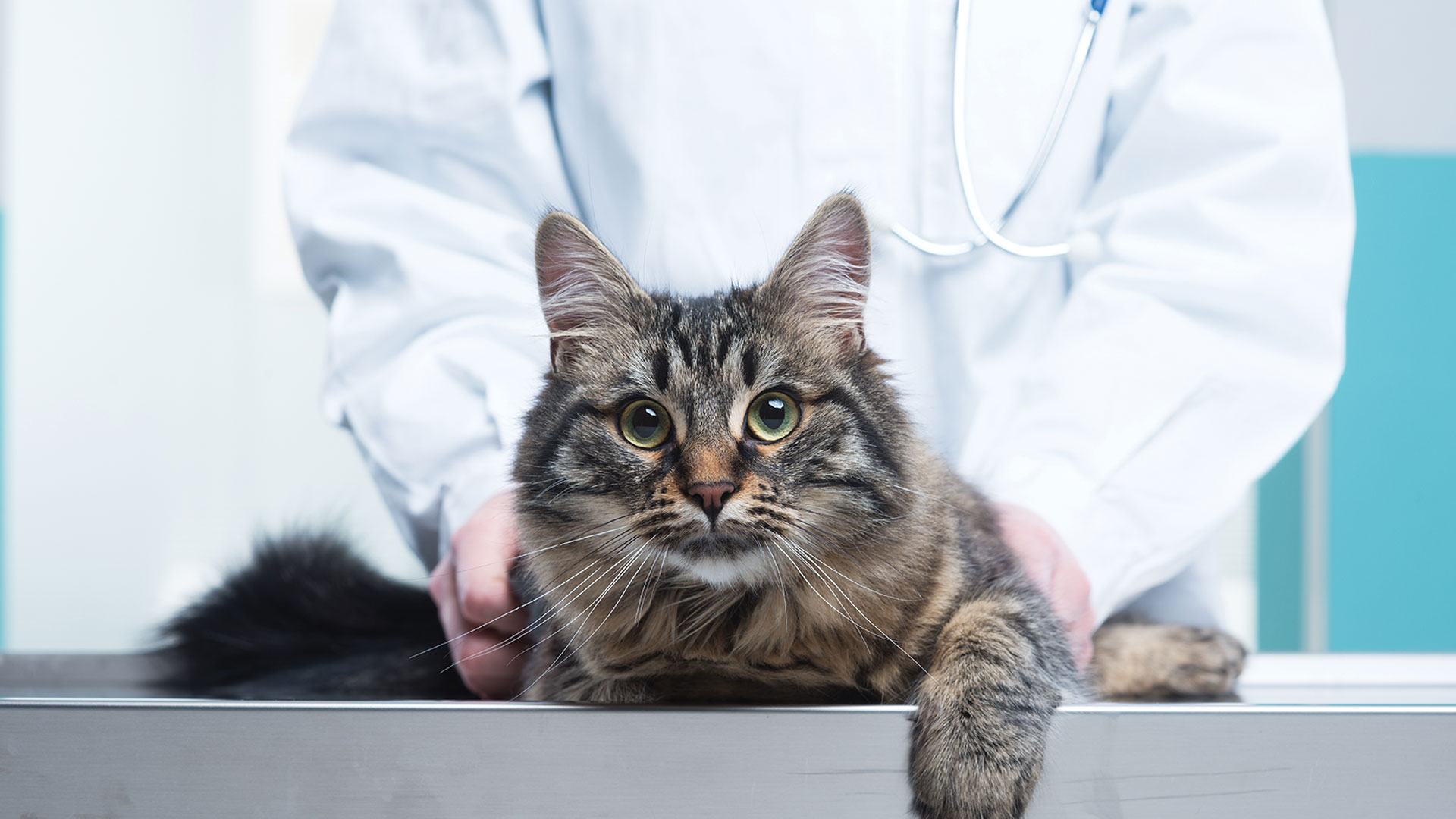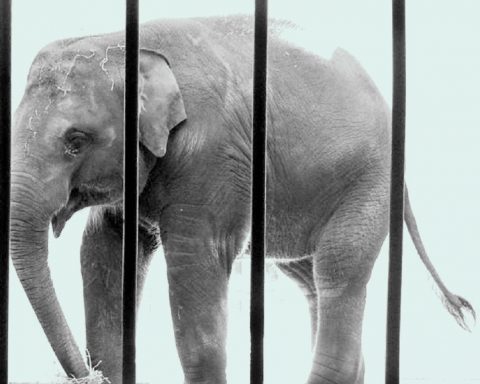How serious it is?
Cystitis is inflammation of the bladder wall; it is multi-factorial in origin, it can be caused by a simple bacterial infection, bladder stones, tumours, polyps.
Cystitis is inflammation of the bladder wall; it is multi-factorial in origin, it can be caused by a simple bacterial infection, bladder stones, tumours, polyps. The cause of the problem very much decides its prognosis, I shall try to go through the symptoms and its treatment bearing in mind that it can be a medical emergency in certain cases.
The most common symptom that patients present with is increased straining and frequency of urination. The animal in question has the urge to go to the toilet more frequently because of the bladder irritation, therefore clients notice behaviour changes, often these animals are very clean animals that have never had an accident in the house, but as a consequence of the cystitis they cannot control the urge to urinate. It is important that they are not told off when this happens, they cannot control the need to urinate, and scolding the pet could actually compound the problem. Often there is blood in the urine and the animal may spend excessive time licking their genital areas.
In the more elderly animal a bacterial cystitis is more common, usually as a result of an ascending infection; therefore a short course of anti-inflammatories and antibiotics is usually sufficient to treat the condition. However if the problem starts to recur then it is important that the condition is worked up properly as one of the other causes might be a factor.
Another common cause of cystitis in dogs and cats are urinary calculi, these are crystals that are formed in the urine that often coalesce to form larger stones. These crystals can be formed as a result of a metabolic anomaly in the patient or secondary to a primary infection. In the male dog and the tom cat this can lead to a medical emergency, the male urethra is narrower than in the females therefore as a direct result of this a urinary stone can cause an obstruction. If this obstruction is not removed then the animal will deteriorate rapidly, develop kidney failure and die a slow agonising death. This problem is seen more commonly in cats, so if your cat is spending excessive amount of time on the litter tray then it is important that you get him to a vet immediately.
The most common cause of cystitis and urethral obstruction in cats is stress related, so if there are any changes in the cat’s environment then be aware that this may set off a bout of cystitis and often a urethral obstruction too.
Polyps are seen infrequently, but bladder tumours in dogs are seen more commonly, transitional cell carcinoma is seen relatively frequently and unfortunately carries a very poor prognosis, it tends to affect most of the bladder wall so surgical excision is not an option, they can only be managed medically.
If you have your dog or cat presenting with symptoms of cystitis then get it treated promptly. Personally I ultrasound all of my patients, an ultrasound tends to be used as the first diagnostic tool, it is better at picking up stones,(some stones do not show up on x-ray). The ultrasound is also better at accessing the bladder lining, therefore polyps and tumours can be picked up earlier and treatment can be implemented and therefore the prognosis will be improved.
In summary cystitis in your pet can be treated easily in the majority of cases but can become complicated if ignored and may carry a poor prognosis if the underlying cause is serious or the condition is not treated promptly and efficiently.
For more information please phone Gibraltar Vetinary Clinic on 200 77334






